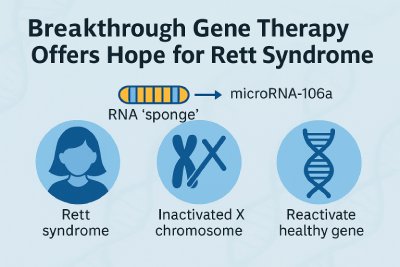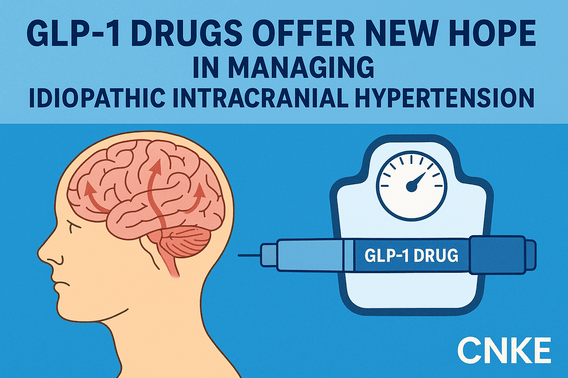New research uncovers important genetic clues that may help predict treatment resistance in focal epilepsy.
A major international study led by researchers at University College London (UCL) and UTHealth Houston has found that certain common genetic changes may make individuals with focal epilepsy less responsive to standard antiseizure medications. Published in eBioMedicine, this study sheds critical light on one of the most challenging aspects of epilepsy management: drug resistance.
Focal epilepsy, where seizures begin in a specific region of the brain, is the most common form of epilepsy worldwide. While antiseizure medications offer relief for many, approximately one-third of people with epilepsy—an estimated 20 million individuals globally—continue to experience seizures despite treatment. This drug resistance is associated with increased health risks, including a higher likelihood of sudden unexpected death in epilepsy (SUDEP) and greater healthcare costs.
Until now, the reasons behind treatment failure in epilepsy remained poorly understood. The new findings, utilizing data from the international EpiPGX project and the Epi25 sequencing study, reveal that common genetic variants in two particular genes — CNIH3 and WDR26 — are significantly associated with drug resistance in focal epilepsy.
-
CNIH3 is known to regulate brain receptor function critical for neuronal communication.
-
WDR26 plays a role in various essential cellular processes.
By comparing genome-wide data from 6,826 individuals (4,208 with drug-resistant epilepsy and 2,618 whose seizures were controlled), researchers demonstrated that these common variants substantially affect treatment outcomes.
“The findings of our study offer new insights about why some people have seizures that are resistant to existing antiseizure medications,” said Professor Sanjay Sisodiya (UCL Queen Square Institute of Neurology). “Further work may enable doctors to predict early on who may have drug-resistant epilepsy and guide the development of newer, more effective treatments.”
Importantly, these genetic markers can be identified at the time of epilepsy diagnosis, offering the future potential to avoid prolonged trials of ineffective medications and unnecessary side effects.
Dr. Costin Leu, the study’s first author, emphasized,
“Recognising these common genetic variants — often overlooked in standard clinical genetic testing — could pave the way for expanding personalised medicine in epilepsy. Polygenic forms of epilepsy, influenced by multiple genes, are far more common than single-gene epilepsies, yet are rarely addressed in genetic testing today.”
The study was supported by the European Union’s Seventh Framework Programme and the Centers for Common Disease Genomics, funded by the National Human Genome Research Institute (NHGRI) and the National Heart, Lung, and Blood Institute (NHLBI).
As we move towards an era of genetics-informed medicine, this research marks a promising step toward a future where epilepsy treatments can be tailored from the very outset, respecting the individuality of each patient.
Source: University College London, UTHealth Houston, eBioMedicine, 2025.
Cover Image: Auflösung (around 1928) - Karl Wiener (Austrian, 1901-1949)







